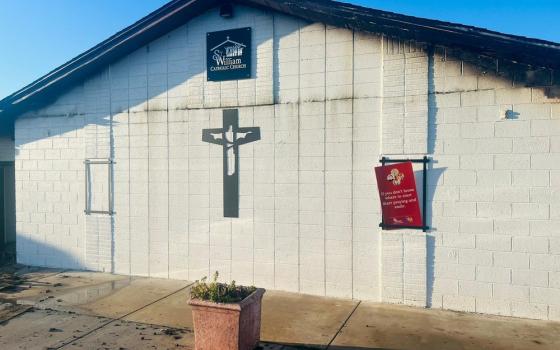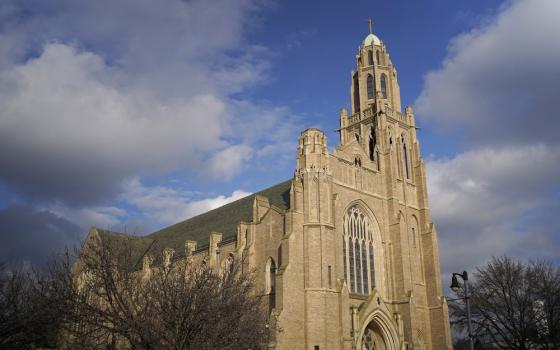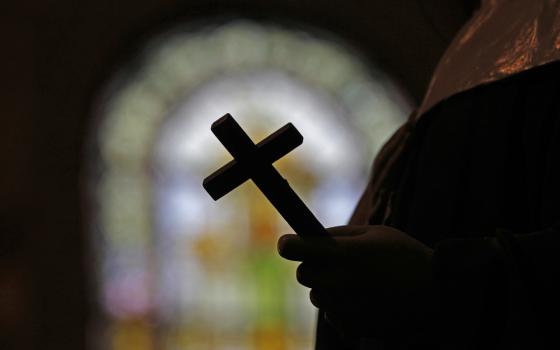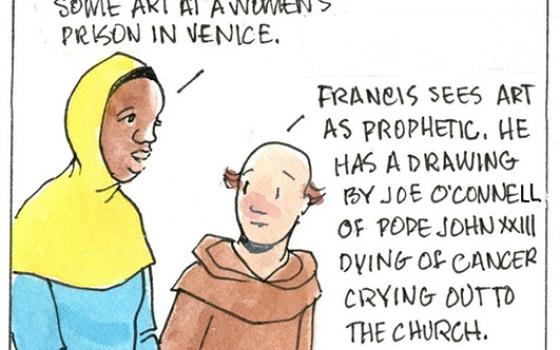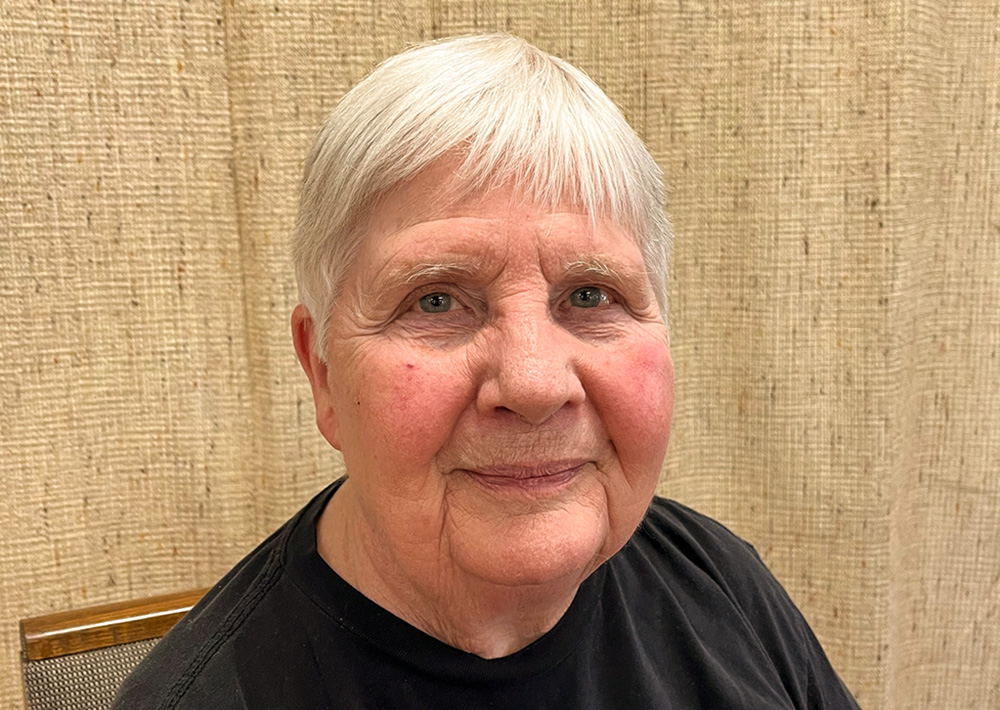
Loretto Sr. Eleanor Craig (Donna Mattingly)
Loretto Sr. Eleanor Craig describes herself as "smart and assertive" at a healthy 81 years old.
After serving as an educator for several years, her interest in history, passion for community organizing, and participation in social justice action eventually led her to archival work. That led her to a meeting of bishops, archivists and sizeable interested groups, with people who had "done the work." Craig and others met ready to "acknowledge within themselves" a "cesspool of privilege."
Now, with two cats, she lives in a trailer on the grounds of the Loretto motherhouse in Kentucky.
_____
GSR: What led you to become a Sister of Loretto?
Craig: The Loretto women were ordinary like my aunts. They laughed and cared. They were smart.
What are some of your contributions?
I taught school in Kansas City [Missouri]. After eight years in the classroom, I did graduate work in Boston at Harvard University and obtained a Ph.D. in adult education from Boston University. I wanted to know how adults learned when [they were] not in school. People turned out to have personal experiences.
I did community action work in the 1980s in Kentucky with dairy farmers who grew tobacco. One of the farmers I was working with said, "I know I did everything to save my farm." There was a sense of agency. They could act on their own behalf.
Advertisement
I also worked with blind teens. I had an interest in history and made 12 trips across the western part of the country with the blind teens and received a national award for the work I did with the Kansas School for the Blind.
In 2012, in Kentucky at the motherhouse, [my] interest in archiving started.
Could you speak more about your work with the archives?
It was the archives of women religious where past meets present and future. It's not like a library; [you] can't browse in the archives. It was opened to [be available to] descendants of enslaved persons. It was a solemn duty [to make the archives available] and a solemn duty to preserve.
How would you advise Blacks and whites to move forward considering this archival availability?
Study themselves and [be] ready to do the work. Lay leadership and clergy can support and encourage.
I can't go to a Black descendant of enslaved persons and say, "Help me get over my prejudice." It's not their job to fix me. It's my job to fix me. I'd say the largely white Catholic Church has a lot of work to do.








